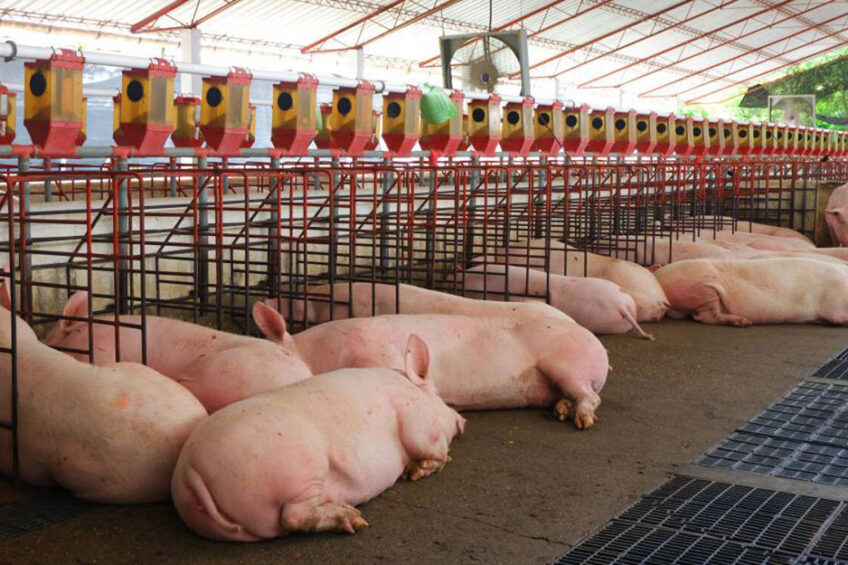Singapore opens market for Colombian pork

After 5 years of negotiations, the Singapore Food Agency (SFA) gave the green light this month for pork and by-product imports from Colombia.
The agreement involved the Colombian Agricultural Institute-ICA, the National Institute of Medicines and Food Surveillance-INVIMA, the Embassy of Colombia in Singapore, the Ministry of Commerce, and the entire Colombian swine sector.
Process for admission Colombian pork
The process began in 2017, after the public and private sectors expressed interest in obtaining pork admissibility for Singapore. They initiated negotiations with the Singaporean health authority. Colombia submitted information for the risk assessment, and improved its pig production standards. Colombia eradicated Classical Swine Fever (CSF) from up to 95% of its territory during the last 10 years.
Audit visit to Colombia
In February 2022, the SFA expressed interest in carrying out audit visits to Colombia to assess the animal health and food safety system of selected pig producers. The SFA made these visits in late May and early June. They visited farms and processing plants in different production regions in the country. After these verifications, Singapore gave the green light for export.
“The Colombian livestock sector is a pivotal part of Colombia’s economic growth. News like this demonstrates the potential of our pig sector”, said Deyanira Barrero León, General Manager of the ICA.
Increasing support to small and medium swine producers
According to her, the Colombian government aims to increase support to small and medium swine producers to strengthen their production systems and contribute to countryside development.
Singapore has 5,454,000 inhabitants and imports US$ 320 million of pork annually, according to the Colombian Ministry of Commerce. “This shows the importance of this market”, she added.
Colombian pig sector
The Colombian pig sector has produced 491,244 tonnes last year and generates around 150,000 jobs per year in the country, which directly benefits the economic growth not only of the country but also of rural families.







